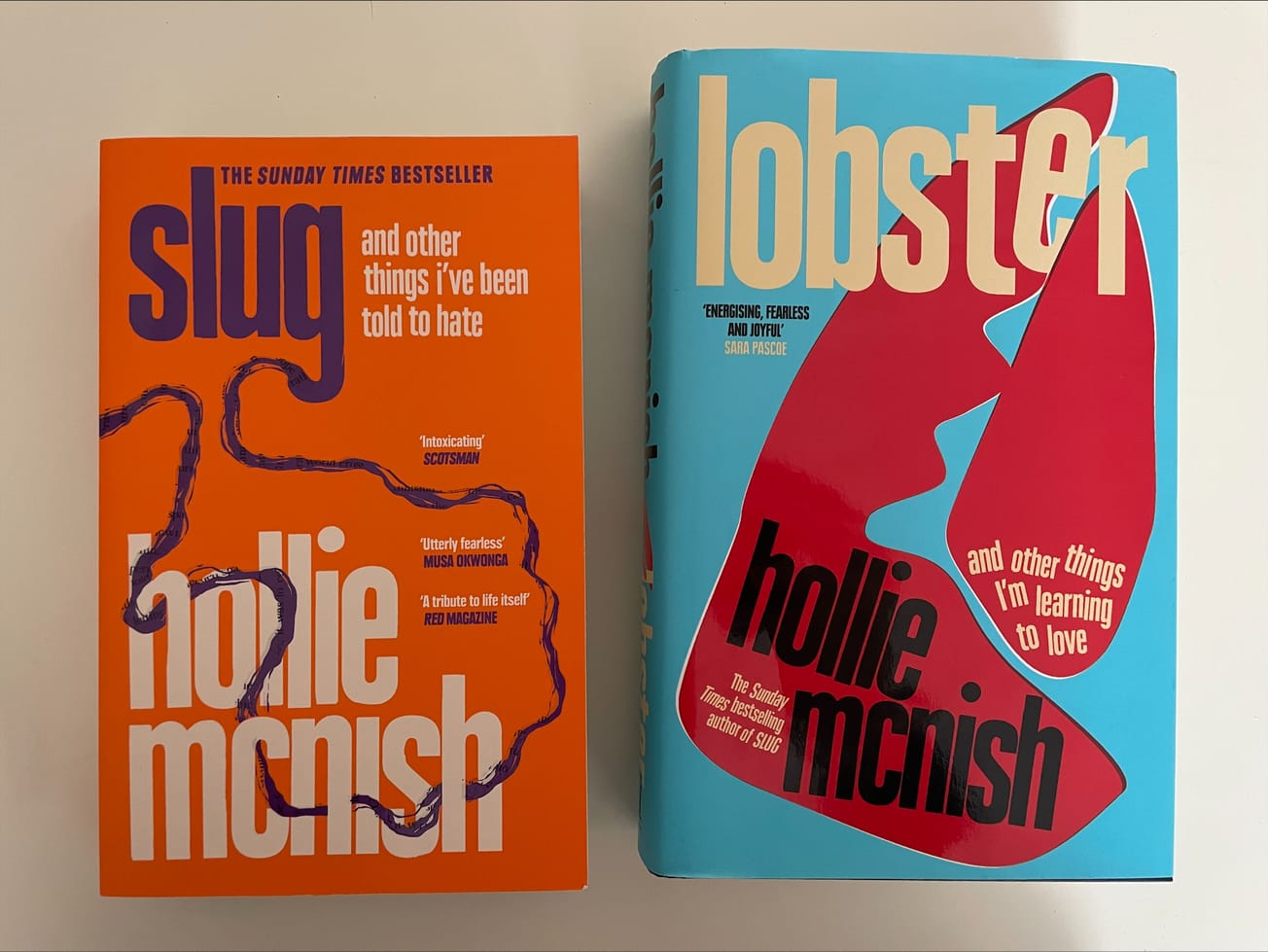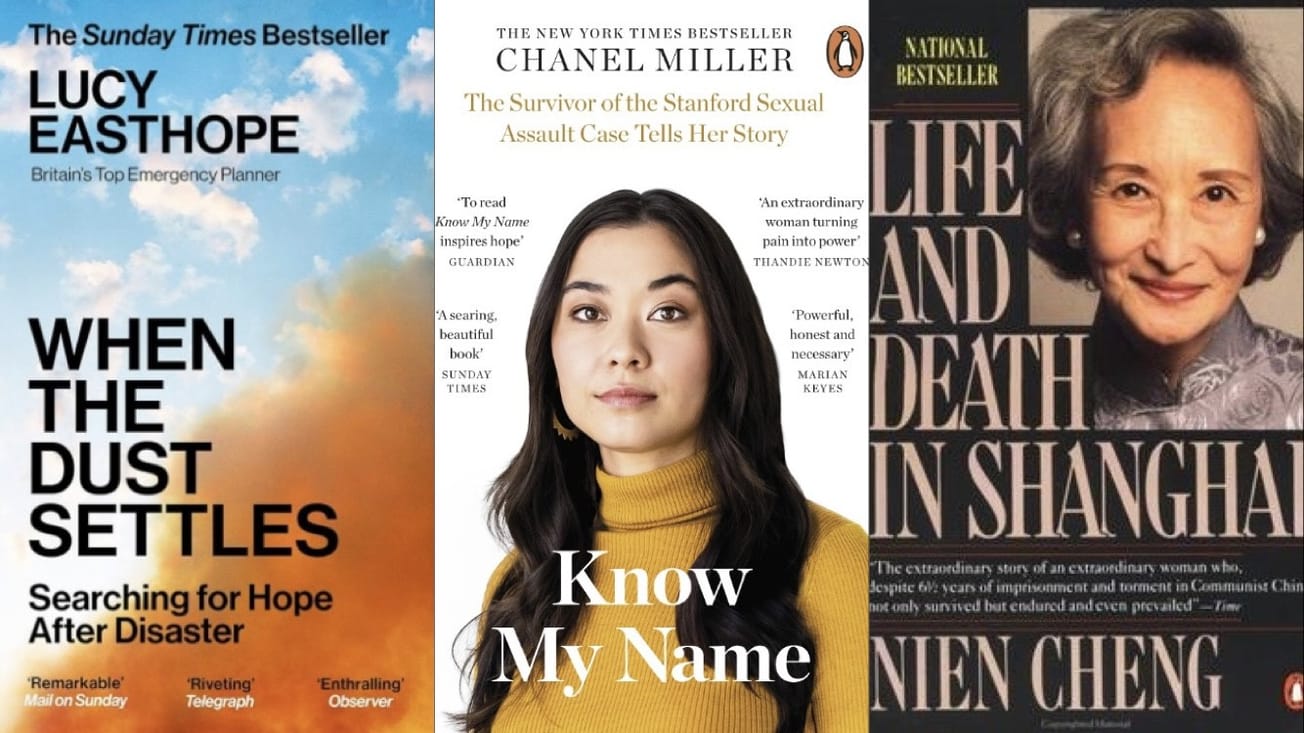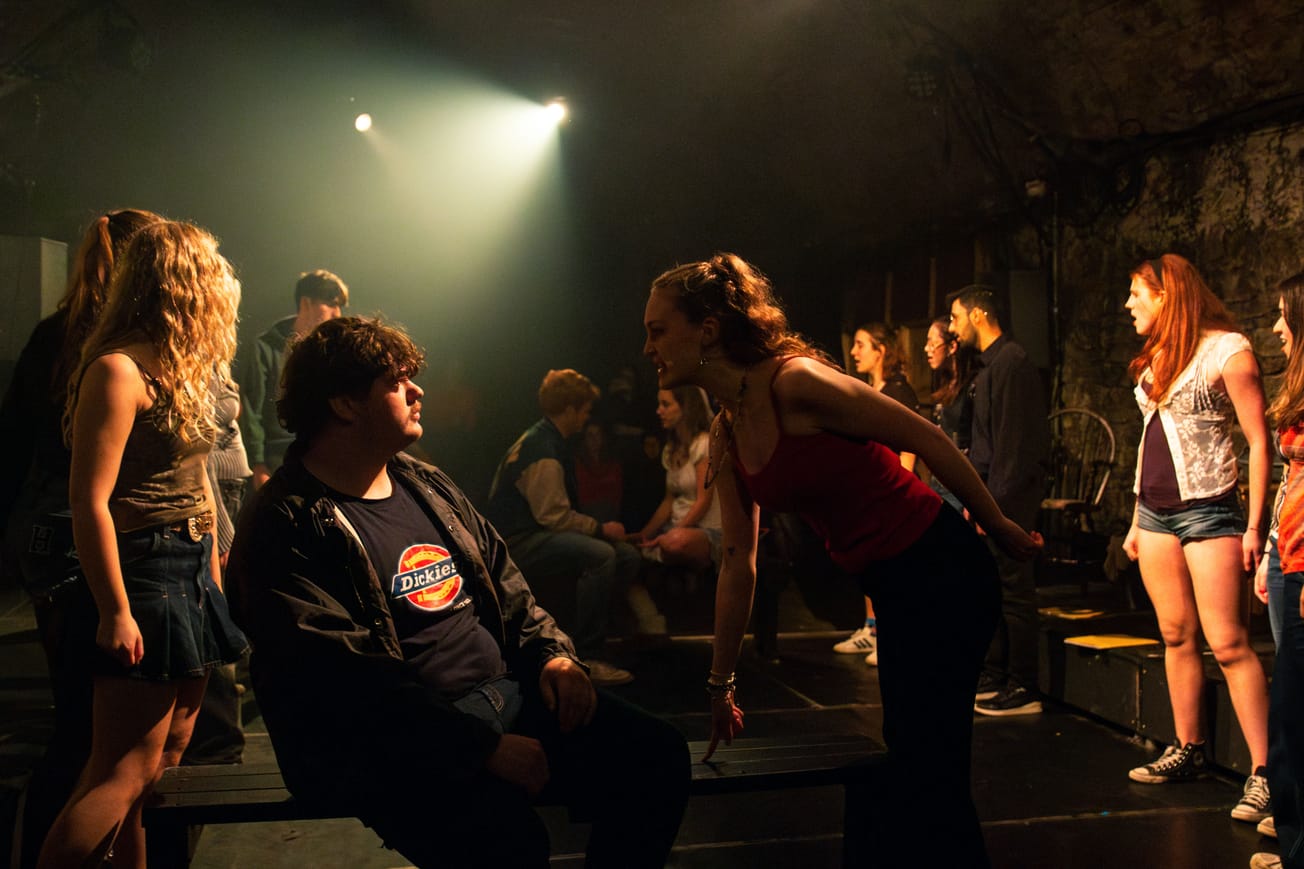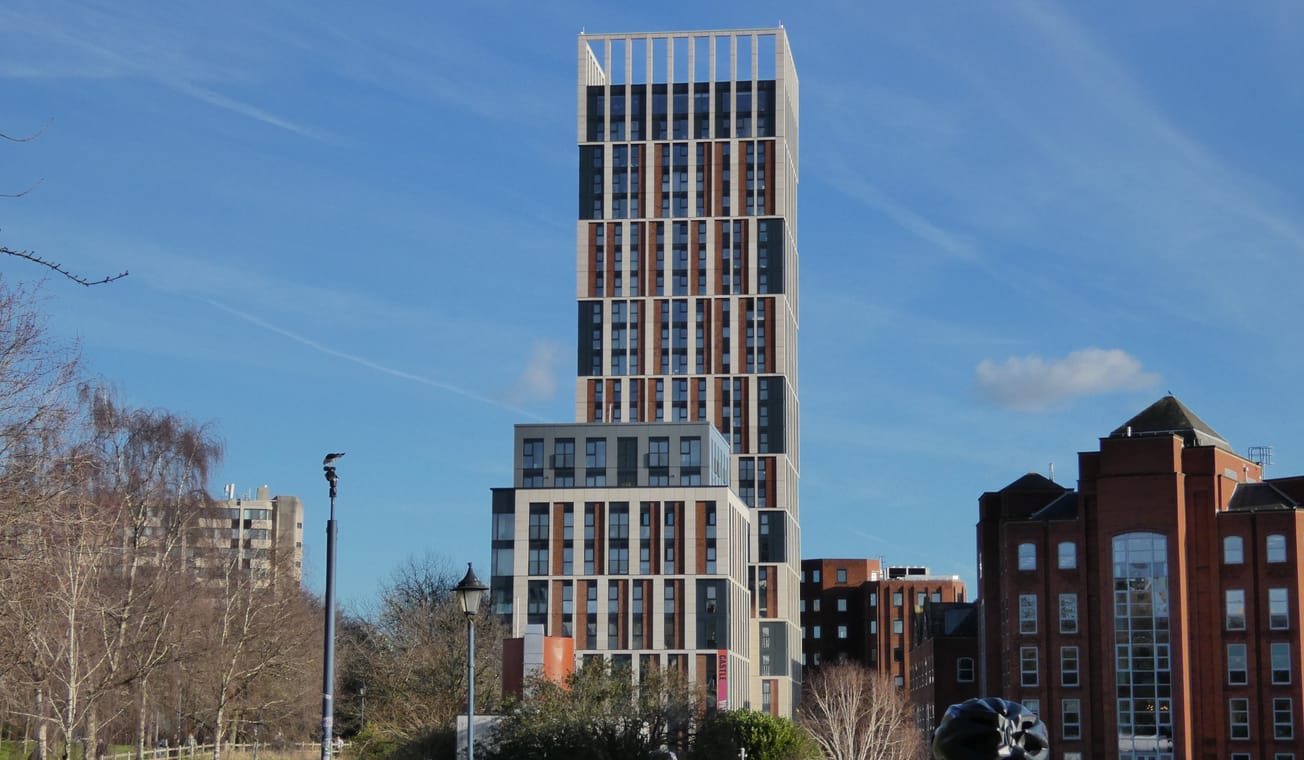By Isabel Williams, Arts Co-Deputy Editor
Earlier this year, over 40 Bristol students geared up to strut and fret upon the stage before crowds of strangers as part of the annual Edinburgh Fringe theatre festival. One of the productions representing Bristol University was the show Gaze written and directed by Lilly Camyab, which was quoted by the BBC as receiving praise for its ‘“great acting and sharp dialogue”’.
The show was initially written as a small piece for the University of Bristol’s Falstaff Society, before Lilly got the chance to take it to the Fringe through her winning a Drama Society competition. She explains to me that, like so many works of art, the show was conceived from a place very close to heart.
“I think all the creative projects I’ve had have stemmed from me being angry” she muses. “It was a short piece and I wrote it on a train. I’d been in quite a bad argument with a friend and I just needed to channel the anger somewhere.” As somebody who hasn’t had the chance to see the play, I ask her if she can give me a rundown on its content.
“It’s called Gaze because it’s about the male gaze. What I wanted to do is kind of highlight how latent misogyny in friendship groups, in culture, in just your daily interactions can actually be the start of something much more sinister than perhaps we imagine.”
She elaborates on the structure of the play, which consists of two parts: one in which the audience are laughing along with the casual banter of a dinner party and one in which the characters become almost animalistic caricatures of themselves, repeating the same dialogue of the first section with an undertone that makes its misogyny far more explicit; a creative decision that is intended to make the audience feel uncomfortable. “I wanted the audience to feel complicit in everything that had happened” Lilly tells me, relating to how the central female character breaks the fourth wall in the middle of the play.
The script is keen to recognise the detrimental impact that latent misogyny has on everybody, besides solely cisgender, straight women. Whilst proposing the show to DramSoc for the Edinburgh Fringe, Lilly added a lesbian couple to the list of characters, “because I wanted to look at the experience of internalised homophobia and how a lot of queer relationships, especially queer women, are still affected by the male gaze”. She also mentions that, even with the patriarchy’s tyranny as her focal point, she never wanted to paint men as unwavering villains. “Like, the male gaze impacts men as well”, she says, “Misogyny hurts men as well. It puts them in this box and forces them to be a certain kind of man”.
Fortunately, it doesn’t seem that Lilly’s message was misinterpreted and the run was an undeniable success. “We were immensely lucky,” Lilly admits, “we all just got on incredibly well.” She comments on how one of the most rewarding aspects was seeing that “people were having genuine conversations afterwards about the show”, adding that “it’s just got a conversation started about issues that are very close to, I mean, all of us really.”
As the interview nears its conclusion, I ask if Lilly has any advice for those fresh-eyed students hoping to pursue her trajectory. “I think my advice is don’t have imposter syndrome. You’ve got to believe that you can do it and rely on the people around you. There are so many people who want to support you.” She admits that in her own case there was a level of imposter syndrome that made her feel unworthy, but affirms that with the financial support of an organisation like DramSoc, “why the hell not take that opportunity?”
So, can we hope to see Gaze in a theatre near us soon? “Maybe. Or I might just start writing something new and get bored of it.” Either way, we’re excited to see what she does next.
Featured image: Ben Tofan / Unsplash
A recorded version of Gaze is available here on YouTube: https://m.youtube.com/watch?v=2LuX-3TzhZo&feature=youtu.be









